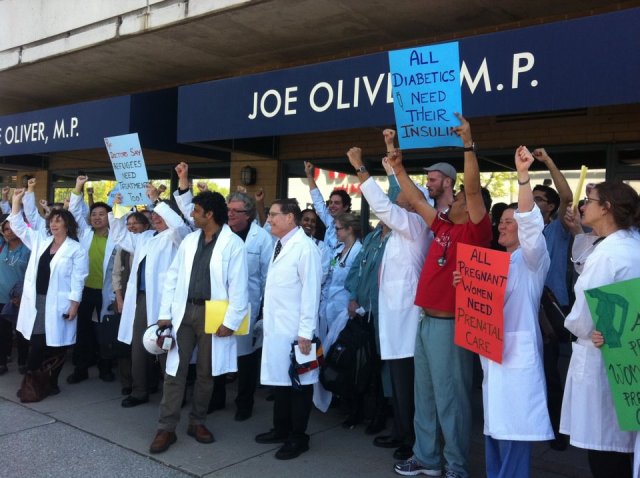It is estimated that about 1-3% of the Canadian population lives with a developmental disability (DD). This refers to people with limited cognitive abilities and adaptive functioning which have their onset before the age of 18. The causes of DDs are varied and often unknown and can be a combination of both genetic and environmental factors (for example trauma during birth). This population often has specific health concerns and can be complex yet rewarding patients to work with.
On this week’s show, we spoke with Dr. Bill Sullivan, a family doctor at the Surrey Place Centre in Toronto, about health care for people with DDs. Dr. Sullivan is leading a provincial initiative to improve the health and quality of life for people with DDs through training and resource development for primary health care providers.
On the show, we speak about how having a DD can affect one’s health outcomes as well as specific health concerns that members of this population might have. We learn that there are surprisingly few health care providers that specialize in care for this population. How can we improve upon this lack of training and education? Tune in to find out.










